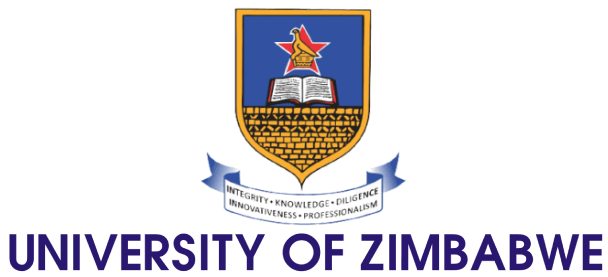
Translation, Interpreting and Editing in Zimbabwe: Policy, Practice and Challenges
Editors: Dr. Eventhough Ndlovu, Prof Zifikile Makwavarara and Mr. Loveson T. Gopo (Department of African Languages and Literature, University of Zimbabwe)
Translation and interpreting as professions and disciplines in Zimbabwe are still at their infancy stages, despite their long history of existence in ordinary practice. Most translations and interpretations in different sectors (medical, legal, literary, media, politics, religion, tourism, among others) are done by untrained translators and interpreters. Bilingualism has been and is still considered as an adequate attribute for translators and interpreters in Zimbabwe. Against this background, this book seeks to unearth the causes of this status quo; examine the prevailing practice, the policy environment, theory, dynamics, challenges and prospects in Zimbabwe regarding interpreting, translation and editing. Given the intricate relationship that
exists between Translation, Interpreting, Editing, Lexicography, Terminography, Language Planning, Policy and Management, this book seeks to make clear the symbiotic relationship of these disciplines in Zimbabwe to see how the status of each affects the growth and development of the other as a discipline and profession. The growth and development of language-related disciplines and professions require an enabling language policy environment which promotes and champions a culture of multilingualism and multilingual service provision.
Colonial and post-colonial Zimbabwean language policies failed to recognise and promote multilingualism and multilingual service provision. Until 2013, the management of multilingualism in Zimbabwe has been a serious problem as evidenced by the trilingual language policy which promoted English as the national official language and Ndebele and Shona as the official national languages, leading to the hegemony of the afore-said languages as the most dominant languages in the socio-economic and political domains of the Zimbabwean society. Consequently, this lack of an enabling language policy environment constrained the growth and development of language-related professions and disciplines, such as translation, interpreting and editing among others. Translation, interpreting and editing, among other language-related professions and disciplines were confined to these three hegemonic languages.
However, following Constitution Amendment (No. 20) Act, there is now a clear wish to promote and create conditions for the growth and development of language-related disciplines and professions in Zimbabwe. In the wake of Constitution Amendment (No. 20) Act there is a strong awareness of the need to intensify efforts to develop the previously marginalised indigenous languages and to promote recognition and respect of linguistic human rights - a move which will stimulate the growth and development of language-related disciplines and professions.
Against this background, the proposed book: Translation, Interpreting and Editing in Zimbabwe: Policy, Theory and Practice seeks to contribute to knowledge by addressing this gap in research examining the policy position, theory, practice, challenges, prospects and dynamics in Translation, Interpreting and Editing and other language-related disciplines that have a symbiotic relationship with the afore-mentioned disciplines and professions with particular reference to Zimbabwe. We are, therefore, inviting contributors to this project who are interested in engaging in the following issues that will help speak to the theme and title of the book from all possible angles with the aim of illuminating and enhancing the discussion around the theme of the book project:
- Translation
- Interpreting
- Editing
- Language planning, policy and management
- Medical interpreting and translation
- Court interpreting and translation
- Media interpreting and translation
- Conference interpreting
- Educational interpreting and translation
- Religious interpreting and translation
- Translation and interpreting in Parliament
- Translation and interpreting in the police stations
- Community interpreting
- Literary translation
- Lexicography
- Terminography
- Translation/ interpreting and development
- Translation/ interpreting and Tourism
- Translation/ interpreting and Marginalised languages
Timelines
Call for Papers: 18 January 2017
Deadline for Submission of Abstracts: 26 May 2017
Accepted Abstracts: 10 July 2017
Completed chapters: 1 November 2017
Expected date of Publication: August 2018
Submission guidelines
Length 7000 words maximum
Referencing style: Harvard Style
Publication details
Publisher: UZP
Book Size A6
Number of pages: 300 – 350
All submissions must be sent to: This email address is being protected from spambots. You need JavaScript enabled to view it.
